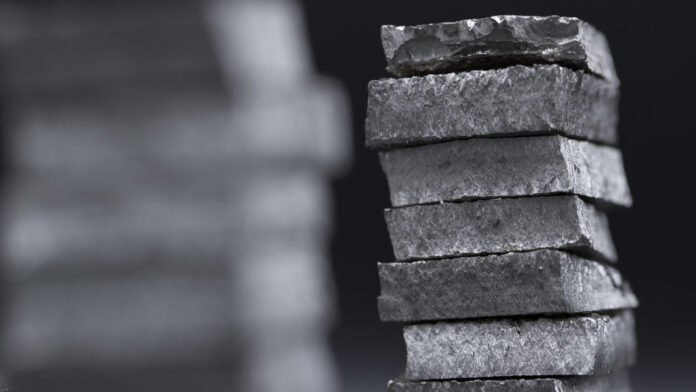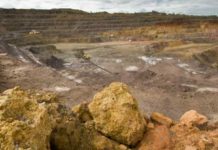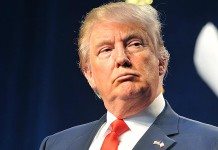
GLENCORE said a significant portion of its cobalt would remain unsold in 2025 owing to the Democratic Republic of Congo’s extended export suspension of the battery metal, Reuters reported.
The Congo initially imposed a four-month export ban in February after prices plummeted to nine-year lows, then extended the restriction by three months in June, the newswire said. The suspension aims to address global oversupply while allowing authorities additional time to establish export quota distribution among mining companies, it added.
Glencore, which is the world’s second-largest cobalt producer, told investors on Wednesday it maintains conservative assumptions about the situation’s impact.
No material financial effects were expected in the event cobalt sales did not occur for the remainder of the year, with any resumed volumes representing potential upside, said Glencore’s CEO Gary Nagle.
Glencore declared force majeure on certain cobalt deliveries from Congo earlier this year. The company confirmed it has been accumulating cobalt inventory within the country since the ban’s implementation, though it declined to specify stockpiled quantities.
Despite export constraints, Glencore’s cobalt output from owned sources increased 19% year-on-year to 18,900 tons during the first half. Production for 2025 was forecast at between 42,000 and 45,000 tons, up from 38,200 tons in 2024.
Glencore highlighted that the export restriction should significantly reduce cobalt availability and accelerate inventory depletion globally, providing price support for the metal essential in electric vehicle battery production.
The company emphasised its cautious approach to planning around the uncertain timeline for export resumption from the mineral-rich central African nation.










